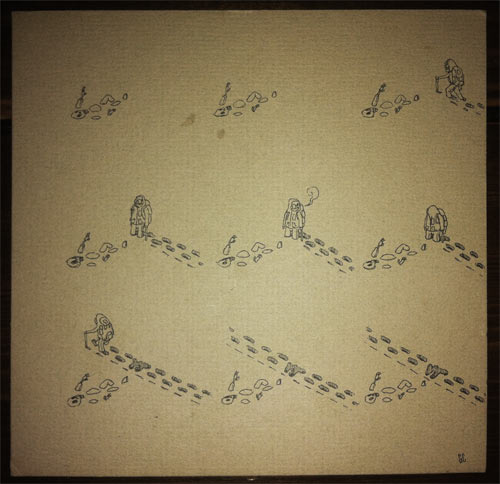Knowledge is assembled by living organisms in order to organize the actual shapeless flow of experience as far as possible into reproducible experiences with relatively reliable connections between them. This means that the real world only manifests itself when our constructions fail. But as we can always only describe and explain the failure in those terms, which we have used to build the failed structures, a picture of the world, which we could make responsible for the failure, could never be conveyed to us.
Somewhat more metaphorical would be the following analogy: the captain of a ship has to cross straits he does not know and does not have a chart for nor navigational help such as a beacon, etc. on a stormy, dark night. In the circumstances only two things are possible: Either he sails into a cliff and loses his ship and his life; in the last moment of his life he realizes that the reality of the straits was not as he imagined and his course did not correspond with the actuality of the straits. Or he reaches the open sea; then he knows only that his course was accurate but no more. He does not know whether there could have been easier, shorter crossings than the one he blindly chose. And he does not know what the real condition of the straits was.
Ernst Von Glasersfeld, Radical Constructivism: A Way of Knowing and Learning
